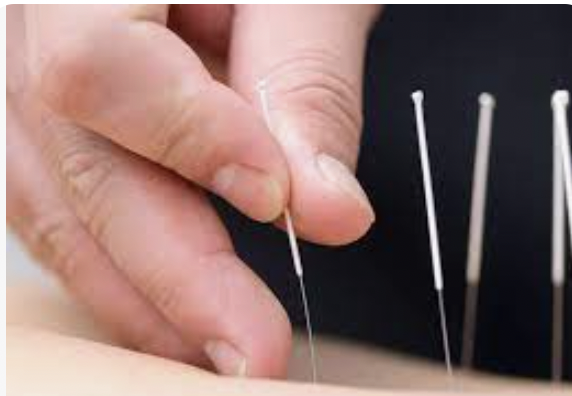
The most common type of nerve damage afflicting diabetes mellitus patients is called peripheral neuropathy. Although many things can cause peripheral nerve damage, such as injuries, infections, and environmental toxins, when it occurs in a diabetic patient, it is due to high levels of sugar in the bloodstream.
Neuropathy is defined as an abnormal state of the nervous system. Nerve damage typically starts at the feet and legs and then progresses to the hands and arms. The most common symptoms of peripheral neuropathy affecting these parts of the body are:
- Numb, tingling, burning, or painful sensations
- Inability to sense temperature changes
- Ultrasensitive to the point where light clothing and bedsheets can cause pain
- Muscle weakness
- Diminished reflexes
- Lack of balance and coordination
- Ulcers and serious infections, especially on the feet
These symptoms manifest due to high amounts of glucose circulating in the bloodstream affecting the fine network of nerves. Nerves are delicate structures that send messages between the brain and other parts of the body.
According to the theory of acupuncture and Chinese medicine, symptoms of diabetic peripheral neuropathy may result from a spleen deficiency. The spleen organ plays a key role in digestion because it is responsible for extracting valuable nutrients from food. It separates the precious substances from the heavy, turbid portion and sends each to the appropriate place. In this way, food is transformed and transported to nourish the whole body. However, when the spleen fails in its function to transform, dampness may occur.
Dampness is the pathological buildup of viscous fluids. Sometimes it is visible, as in the case of a runny nose, and other times it is deep within the body. An overweight person may suffer from a damp condition and therefore finds it difficult to lose weight. The keywords describing dampness are heavy and sluggish, the opposite of what body fluids should be. Ingesting too much sugar, fats, and fried foods can injure the spleen and lead to a condition of internal dampness.
When a deficient spleen results in an accumulation of dampness, the peripheral nerves may be stifled and prevented from functioning properly. In order to help restore these functions, acupuncture treatments are geared toward draining dampness.
The use of an acupuncture point located on the spleen channel, called ‘Yin Mound Spring,’ is ideal for helping the body drain dampness. When ‘Yin Mound Spring’ is needed by your practitioner, the harmful buildup of fluids will start to be eliminated, usually via the urinary system. As the blockages impinging on the peripheral nerves abate, symptoms of peripheral neuropathy will also abate.
To further support the process of draining dampness, diet changes may help. Eating at regular times and avoiding overeating are excellent ways to start.
If you have been diagnosed with diabetic peripheral neuropathy or currently have a diabetic condition and notice strange symptoms occurring in your extremities (i.e. hands, feet, arms, and legs), call today to see how acupuncture can help.
